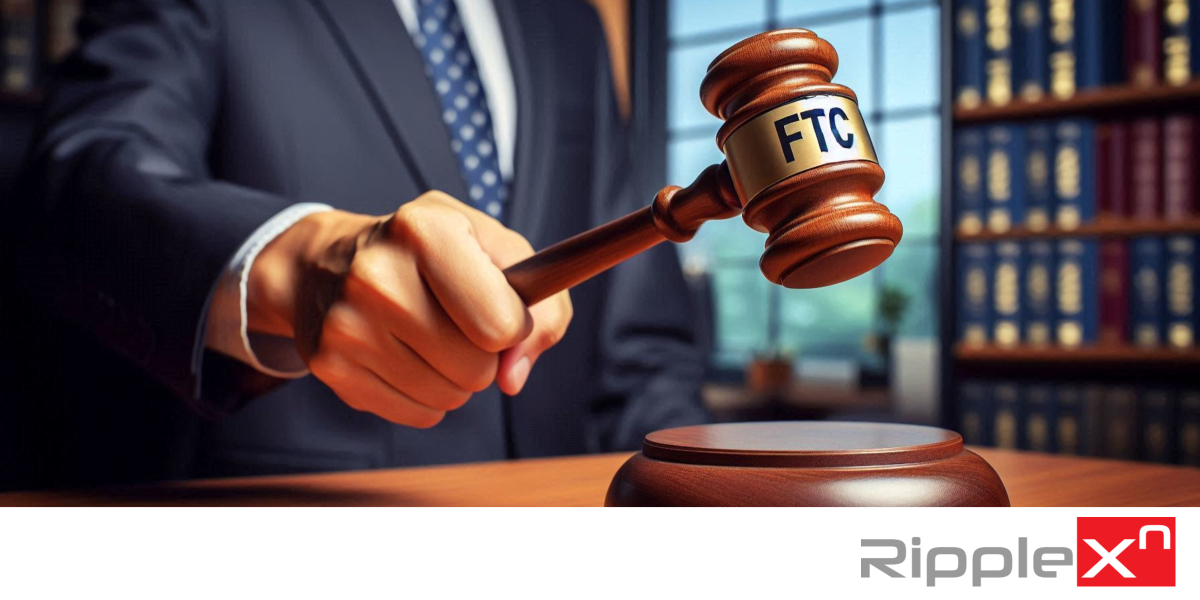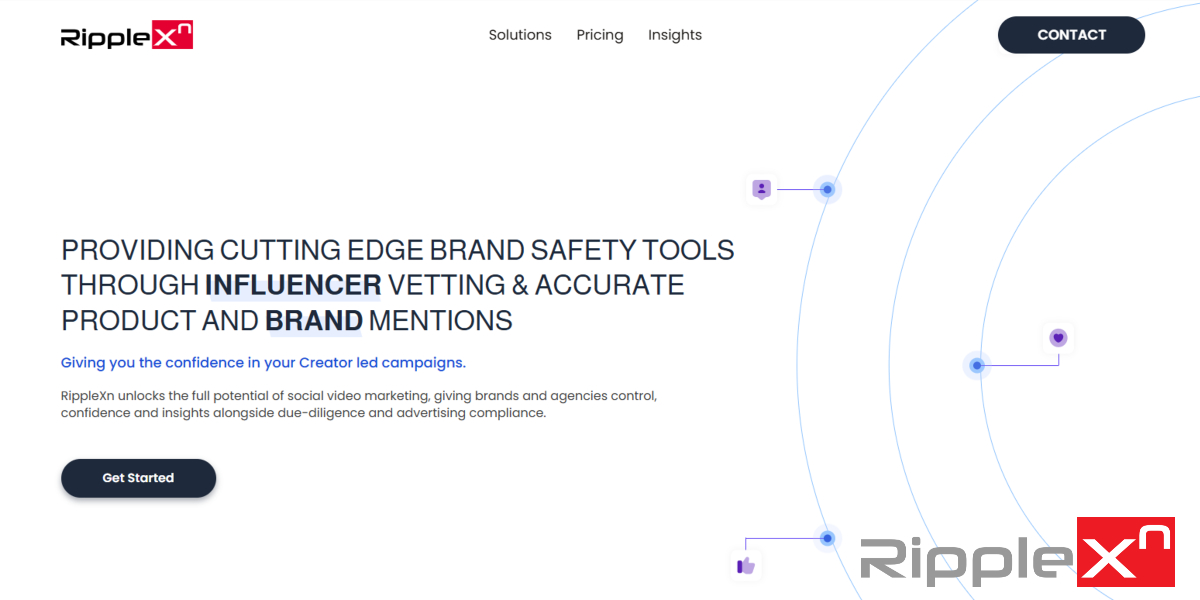Failing to comply with the FTC's disclosure requirements for influencer marketing can lead to serious legal and reputational consequences for both brands and agencies. The FTC is committed to enforcing their regulations, particularly with the introduction of hefty fines in the updated 2023 guidelines.
It is worth noting that, it doesn't matter where you are, where the content was created, the FTC’s “long arm” test is whether there is a material impact to US citizens.
1. Substantial financial penalties
The most direct legal consequence of non-compliance is the imposition of significant financial penalties. The FTC has the authority to issue fines of > $50,000 per violation. This means that each instance of undisclosed sponsored content could result in a substantial fine, potentially amounting to hundreds of thousands or even millions of dollars for larger campaigns involving multiple influencers and platforms.
The sources note that these fines apply to both the brand and the agency responsible for the campaign, underscoring the shared accountability for ensuring compliance.
2. Legal action and lawsuits
Beyond FTC fines, brands and agencies could face legal action from consumers or competitors.
-
Consumers who feel misled by undisclosed sponsored content could file lawsuits alleging deceptive advertising practices. Class-action lawsuits, in particular, can lead to substantial financial settlements and damage a brand's reputation.
-
Competitors might also pursue legal action if they believe that a brand's non-compliant influencer marketing campaign gives them an unfair advantage or harms their business.
3. Reputational damage and loss of consumer trust
Perhaps even more damaging than financial penalties are the long-term reputational consequences of non-compliance.
-
When consumers discover that a brand or influencer has been engaging in deceptive advertising, it erodes trust and can lead to boycotts and negative publicity.
-
This damage can be especially severe in the age of social media, where news of FTC violations and consumer complaints can spread rapidly and widely. Rebuilding trust with consumers can be a challenging and costly process.
-
A more recent daily risk is media or competitors calling out and highlighting poor choices of collaborators.
Note: RippleXn recommends thorough background checks. Talk to the team for a demo.
4. Platform bans and restrictions
Social media platforms also have their own policies regarding sponsored content disclosure and may take action against accounts that violate these rules.
-
This could include shadow banning (reducing the visibility of an account's content), account suspension, or even permanent bans.
-
Losing access to major social media platforms can significantly impact an influencer's reach and earning potential, and also disrupt a brand's marketing strategy.
5. Heightened regulatory scrutiny
One violation of FTC guidelines can attract increased attention from regulators. This could result in more frequent audits of a brand's marketing practices, making future campaigns more complex and expensive to execute. The FTC's increased focus on agency responsibility further emphasizes the need for proactive compliance measures to avoid triggering regulatory scrutiny. The USA’s Securities and Exchanges Commission have recently taken action about financial services including crypto using “finfluencers.”
The 5 topics above are from the perspective of the company or their agency. Point number 6 is from the perspective of the Creator.
6. Difficulty securing future influencer partnerships
Brands with a history of FTC violations might find it challenging to secure partnerships with reputable influencers. Influencers are increasingly aware of the importance of transparency and are hesitant to collaborate with brands that have a track record of non-compliance, as it could jeopardize their own reputation and credibility.






